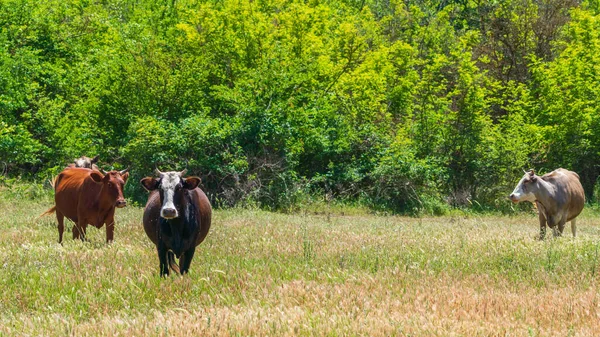Searching for the perfect ranch in the Houston region can be an exhilarating yet daunting task. The area around Houston, Texas, offers a diverse array of properties, from expansive, luxurious estates to modest, functional farmlands. Whether you're seeking a retreat for leisure, a site for agricultural business, or a place to raise horses, finding the right ranch requires careful thought and preparation. Below, we offer ten insightful tips to help you navigate your search for the best ranches in the Houston region.
1. Define Your Priorities
Before diving into the search, it's crucial to clearly define what you are looking for in a ranch. Consider what aspects are most important to you – size, location, type of land, water sources, existing infrastructures like barns and fences, and legal easements. Setting these priorities will help streamline your search and make it easier to identify potential properties that meet your criteria.
2. Understand the Market
The real estate market can fluctuate significantly, and these dynamics affect property prices and availability. Familiarize yourself with the current market trends in the Houston area, including typical prices per acre, demand trends, and how long ranches usually stay on the market. Understanding these elements will help you gauge whether a property is priced fairly and whether you need to act quickly to secure a deal.

3. Work with a Specialized Realtor
Ranches are a niche in the real estate world, and working with a realtor who specializes in rural and agricultural properties in the Houston area can be incredibly beneficial. These professionals have a deep understanding of the local market and can provide invaluable advice on specific issues such as land use restrictions, soil quality, and water rights. They can also tap into their networks to find properties that might not be listed on the open market.
4. Inspect the Land Thoroughly
When it comes to ranch properties, the value is largely in the land itself. Take the time to thoroughly inspect the land, ideally with the help of experts such as agronomists or ecologists. Check for the quality of the soil, the health of any existing vegetation, the presence of pests or weeds, and signs of erosion or other environmental issues. It’s also wise to verify the availability and quality of water sources on the property.
5. Check Accessibility and Infrastructure
Accessibility is crucial, both for personal convenience and for the logistical aspects of managing a ranch. Consider how easy it is to access the property via major roads, and inspect the condition of any internal roads or tracks. Infrastructure is another critical factor; check whether the property has adequate fencing, barns, stables, and other necessary facilities, or factor in the cost of installing or repairing these structures.
6. Assess Local Amenities and Services
The proximity to local amenities and services can significantly impact your experience of living on or managing a ranch. Look into the availability of veterinary services, feed and supply stores, equipment repairs, and other essential services. Community infrastructure, such as schools, hospitals, and shops, should also be considered, especially if you plan to live on the ranch.
7. Evaluate Legal Compliance and Restrictions
It's essential to understand any legal constraints associated with the ranch, including zoning laws, land use restrictions, and any conservation easements. Ensure the ranch complies with all local, state, and federal regulations. Hiring a lawyer specialized in agricultural or property law can help you navigate these complexities.

8. Consider Potential for Growth and Development
If you're planning to expand the ranch or develop it differently, check the potential for future growth and development. This might involve reviewing local planning regulations, considering the expandability of existing infrastructure, and assessing the land's capability to support your future plans, whether it's adding more livestock, growing crops, or even constructing additional housing.
9. Look Into Tax Implications
Owning a ranch can have significant tax implications, including property taxes, potential agricultural tax benefits, and inheritance taxes. Consult with a tax advisor who understands the specifics of ranch ownership in the Houston region to ensure that you are aware of all potential liabilities and benefits.
10. Spend Time on the Property
Before making a final decision, spend some time on the property. This will give you a clearer sense of the land’s atmosphere, its day-to-day operations, and whether it feels like the right fit for you and your objectives. This is also an excellent opportunity to meet neighbors and local community members who can offer additional insights and a sense of the community's culture and spirit.
Conclusion
Finding the right ranch in the Houston region is about more than just purchasing a piece of land; it's about finding a new home or business foundation that meets all of your specific needs and aspirations. By following these tips, you can approach the search process methodically and make an informed decision that aligns with both your practical requirements and your dreams of ranch ownership.
